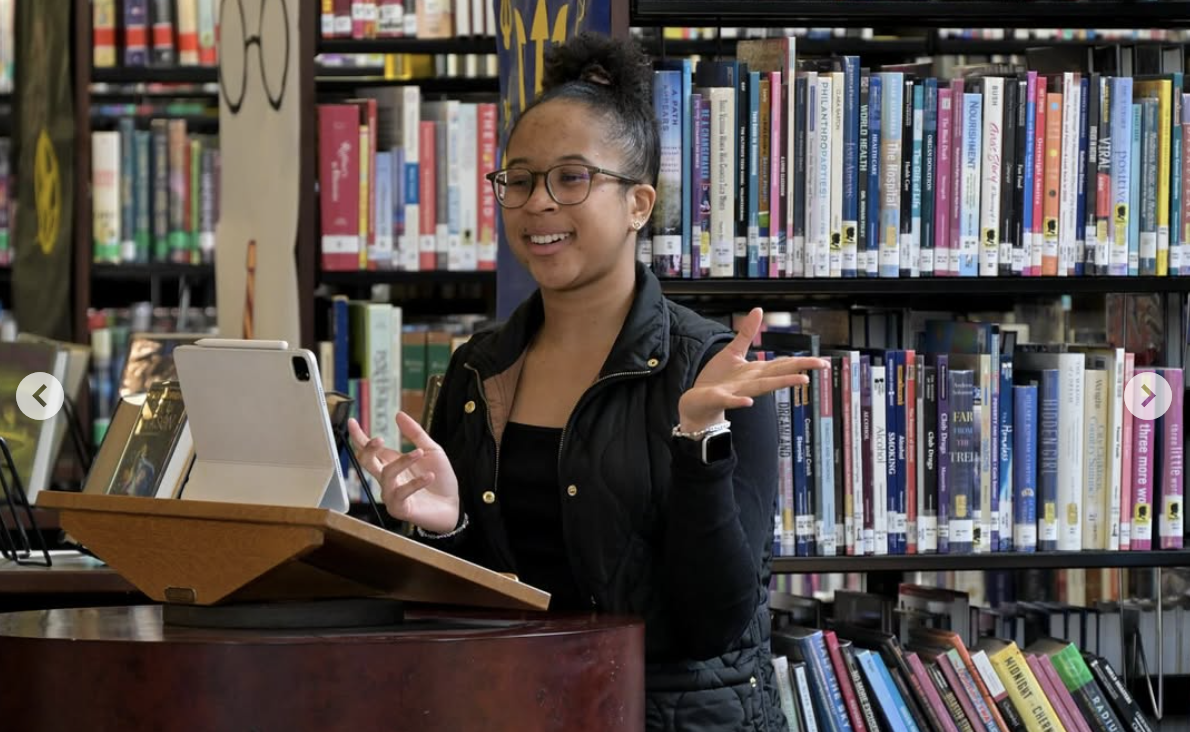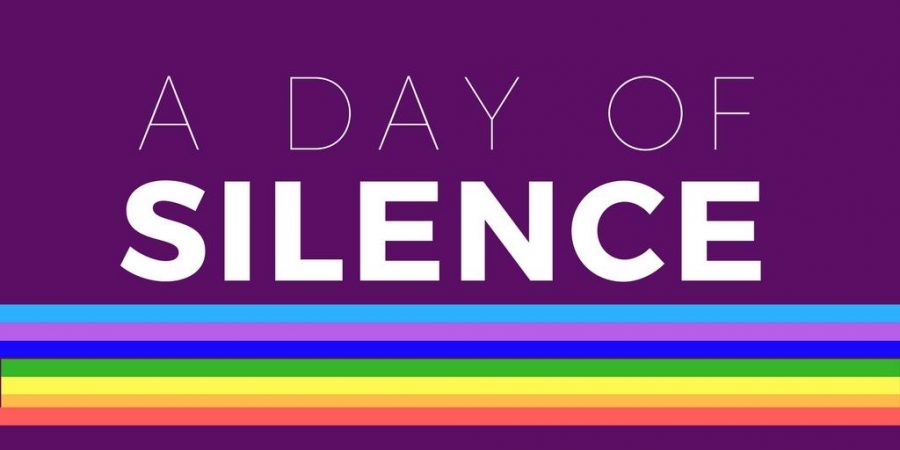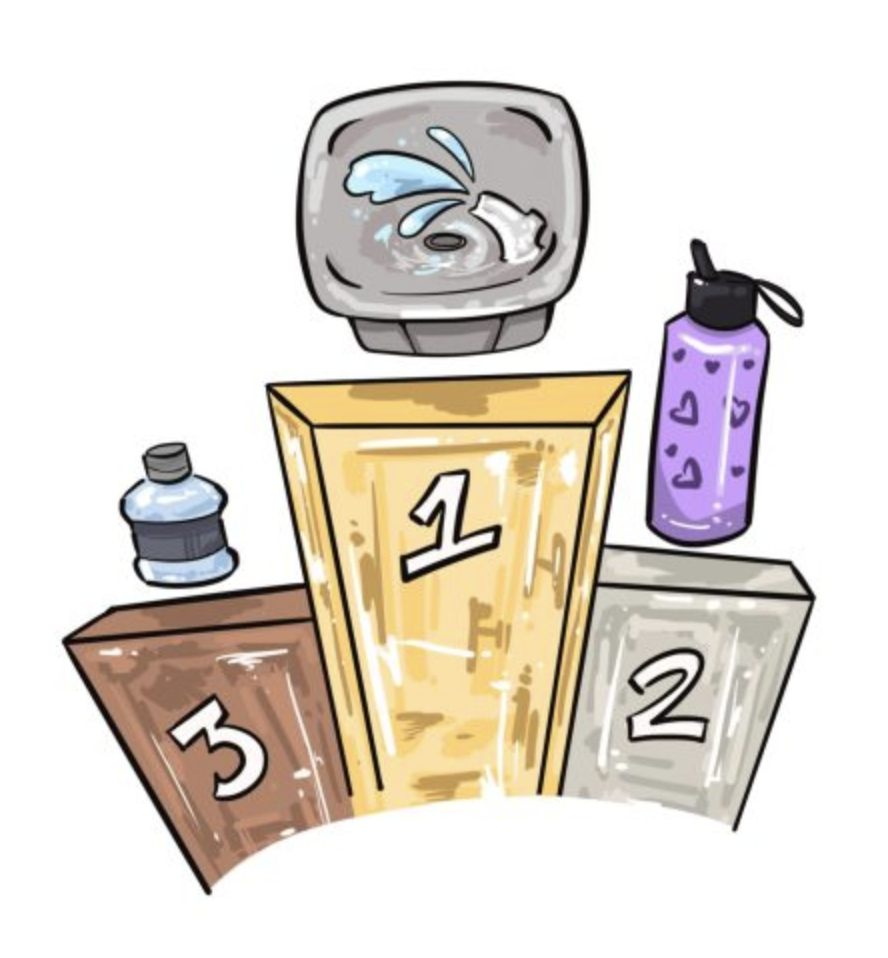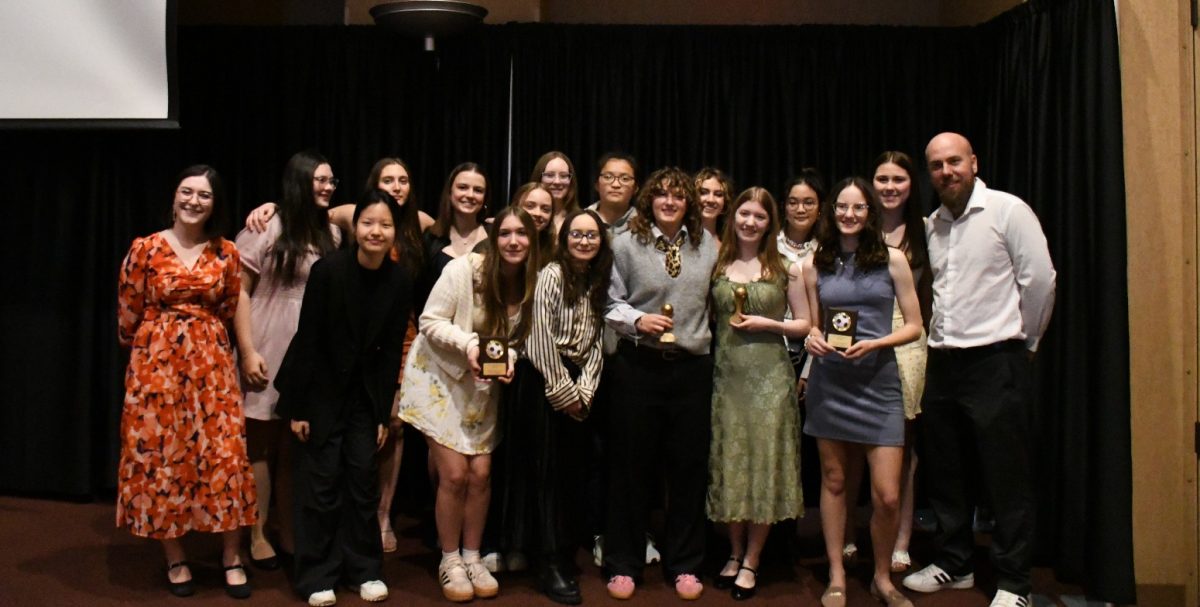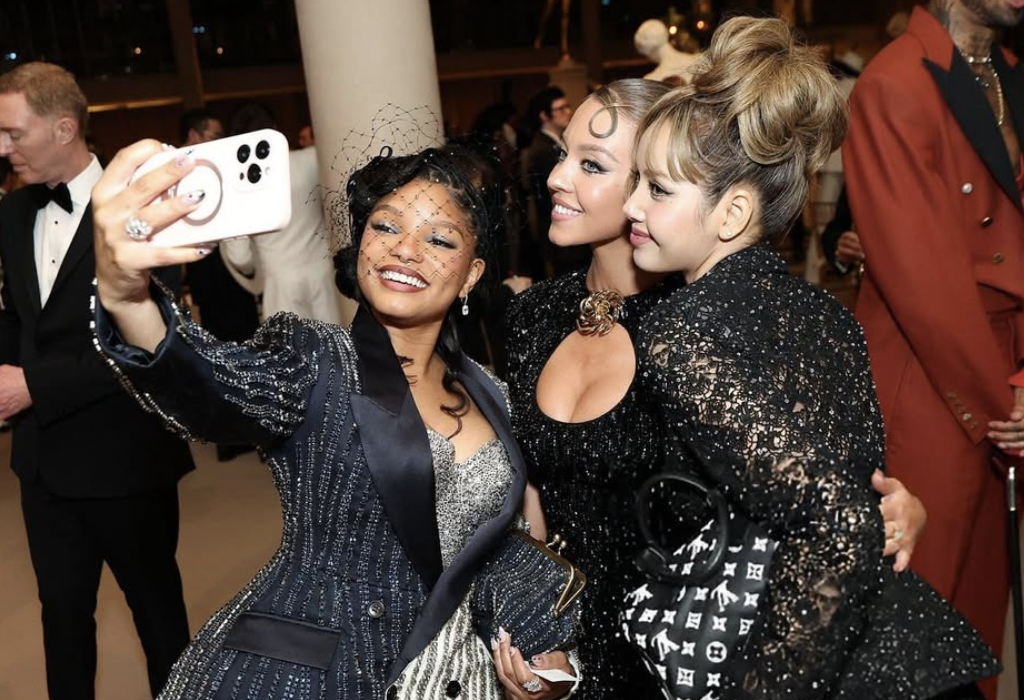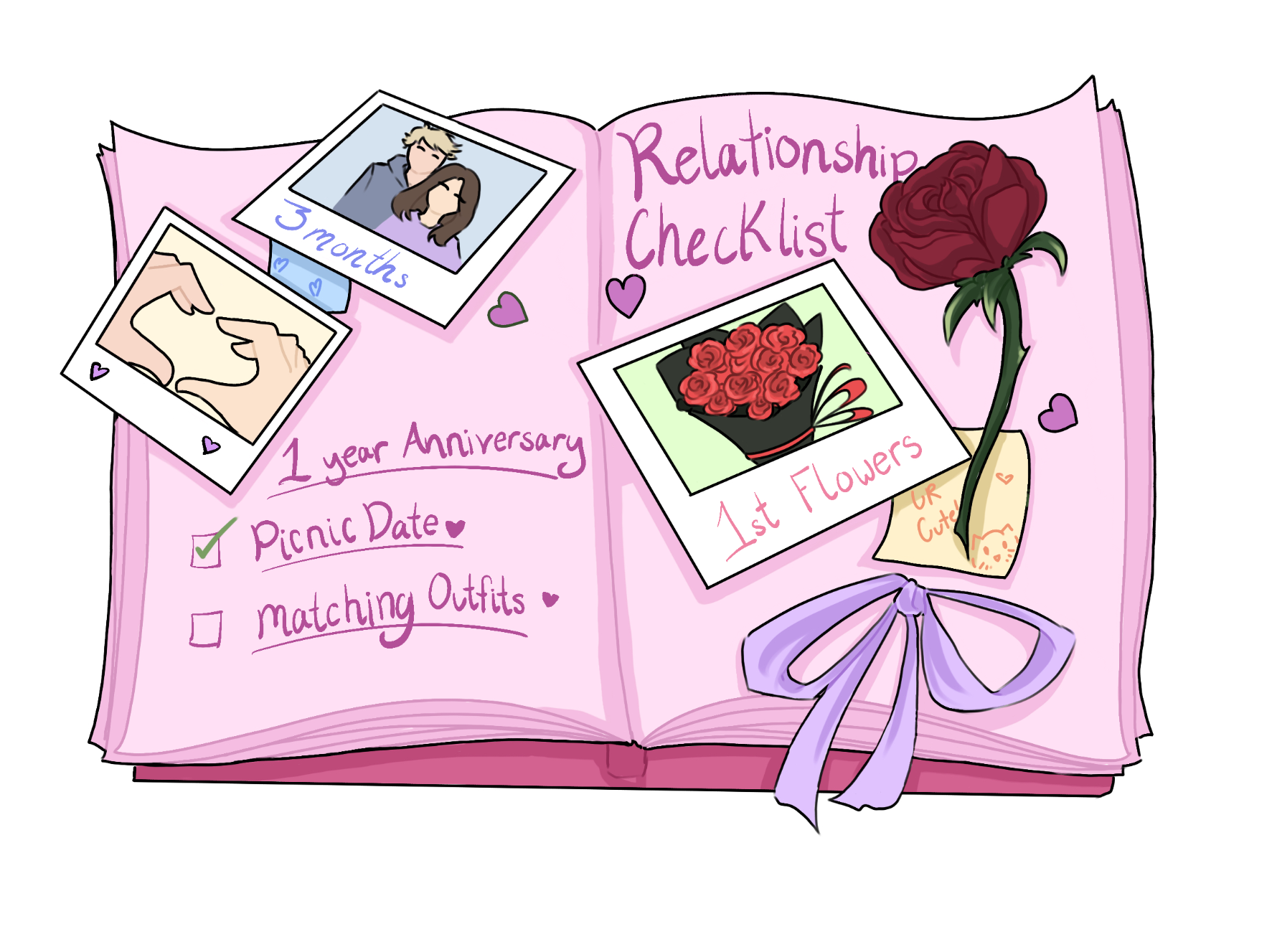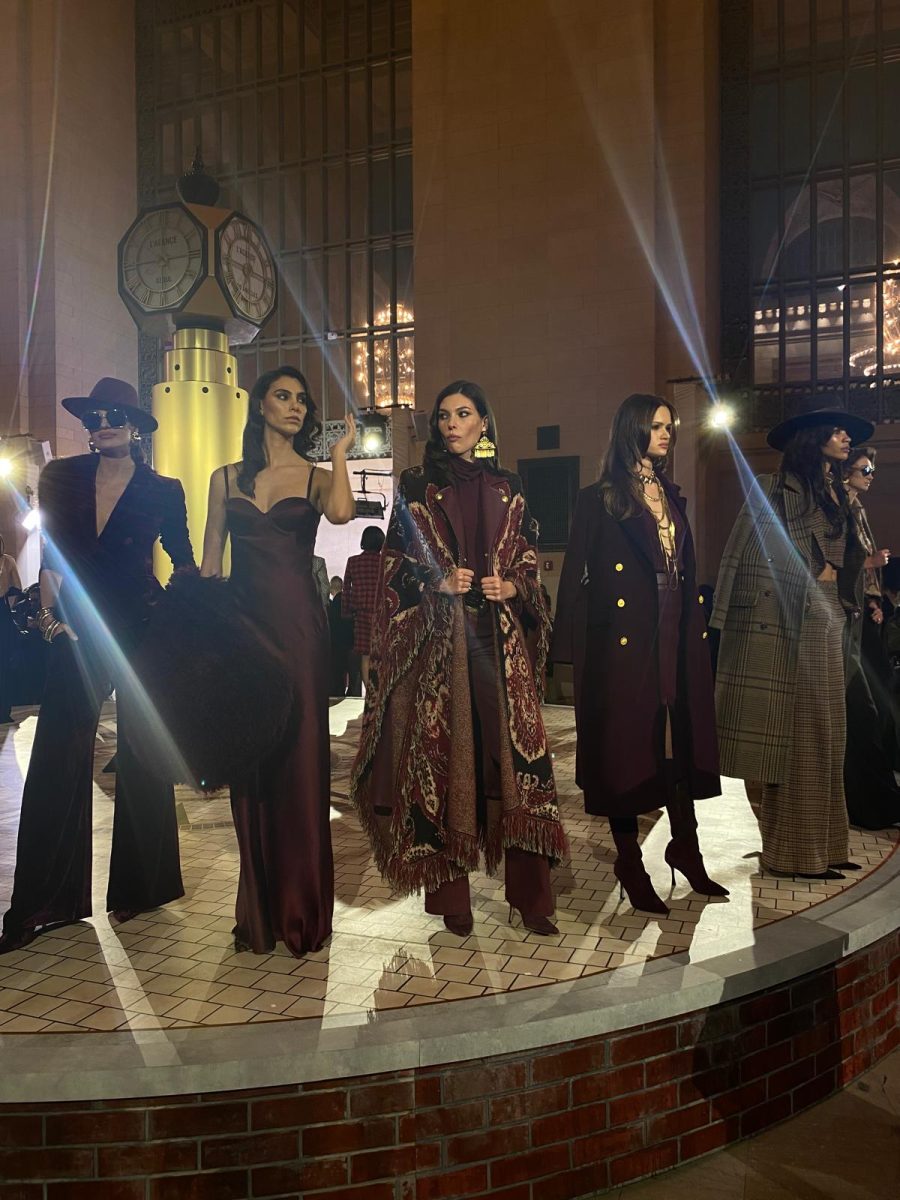When I was a child, the most common way to perceive romantic love was by turning on a TV or opening a book, diving into a world of fairytales and an idealized “happily ever after.” But as I grew older and stepped into the age of my adolescence, the idea of love became complicated and the journey to find a “prince charming” turned into a dire task.
As society and access to media evolves, more exposure to concepts of love appear in front of teenagers like myself. Romantic comedies and teen dramas portray relationships as a necessary and glamorous part of growing up. In these depictions, love is simplified into a series of milestones: meeting someone special, the high of infatuation (and having someone be infatuated with you), going on cute dates, experiencing a little heartbreak, and finally finding “The One.”
I believe this narrative creates an unspoken checklist for many teens. Being in a relationship becomes less about developing an emotional connection and more about meeting expectations and checking off boxes. Teenagers try to use romance to gain validation, proving to friends and followers that we are worthy of love.
Relationships are common content on social media for myself as well as most young people. It’s probable that any teen scrolling through their socials last year will be inundated with images of relationships that seem to be perfect on the surface. You don’t have to scroll too far to find posts with carefully curated pictures captioned or commented with “couple goals.” I feel as though these depictions make relationships seem effortless and fulfilling.
Still, other media helps to reinforce the idea that these relationships are vital even when there might be some issues. Sometimes it’s a video talking about the “red flags” on a first date or a tweet venting about missing an ex. The tone of these types of posts may not contain the glowy “couple goals” feel, but they are still made to demonstrate the value a relationship has and the space it should occupy in one’s life. Every day, people online share the most incriminating details of their love life in a bid to show the world that they have value.
When young people are exposed to these varied avenues of romantic experiences, they feel a sense of pressure to relate to these topics. This desire to fit in pushes teens to rush to undergo the multiplex emotions that tag along with love so that they can check off the right boxes. Teens are often driven by the belief that being in a relationship serves as a rite of passage into adulthood. For many teens, a romantic relationship is not so much about the relationship, but about feeling “on track” with their friends around them.
The pressure to meet these unspoken milestones can often lead to superficial relationships, where the focus is on appearance or fitting in rather than having a healthy, substantive relationship. Often this can result in teen relationships feeling more like an obligation instead of a source of support and true happiness. In these forced relationships, love–which should be the “why” of a relationship–is often a secondary thought (if considered at all). Instead, these types of relationships focus on the “what,” simply defined by having the relationship box checked.
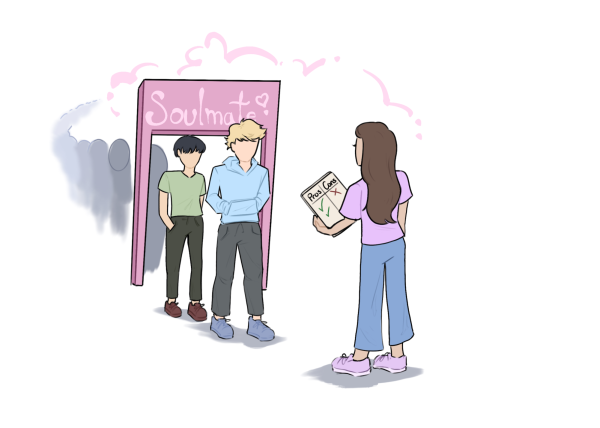
This checkbox mentality comes with substantial long-term emotional consequences. When relationships are treated as a milestone rather than a choice, teens enter into partnerships that aren’t fulfilling or healthy. They stay in relationships in order to avoid the perceived “shame” of being single or because they may fear starting over.
This hyper-focus on relationships also takes opportunities away from teens to focus on personal growth. The time and energy they use pursuing “couple goals” should be used developing friendships, exploring personal interests, or building confidence in who they are as an individual. Instead of seeking validation in a partner, or others, teens should be encouraged to first find value in themselves.
While it’s natural for us to want to relate to what we see in society and on social media, it is important that we remember that love is not a milestone to achieve, but is instead a meaningful, personal experience. To help prevent teens falling victim to the “checkbox mentality,” they need to be reminded about the true nature of relationships. Genuine connection and mutual respect are the key elements of any healthy or successful relationship. The goal is not to meet the standards of societal expectations.
I believe that once we shift the focus from external validation to genuine growth and personal connections, relationships can be healthier. This is how I think teens can break free from the anxiety of the checkbox mindset and discover what love truly means to them.



